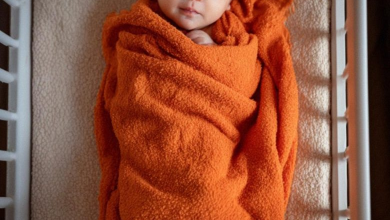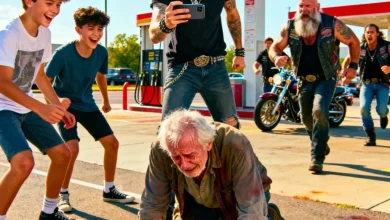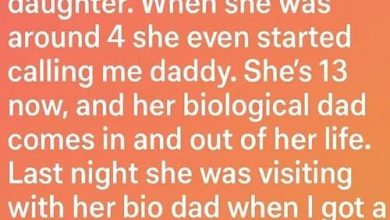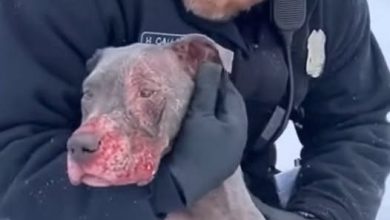
It’s all or nothing: either you babysit every one, or you don’t babysit at all.
Becoming a grandmother often seems like a straightforward journey, but life has a way of teaching unexpected lessons. This year, my daughter Clara remarried, bringing a new family dynamic into our lives. That change sparked a conversation that completely reshaped how I think about love and family.
One weekend, Clara asked me to watch her children while she and her new husband, Darren, spent some time together. I answered honestly, but the words immediately caused tension: “I’ll watch Mason anytime… but not your stepchildren.” Silence followed. Then Clara’s calm but firm reply: “You either babysit all of them, or none of them.”
I gripped the phone, trying to explain my feelings. “Mason is my grandson, but Ellie and Jamal already have a grandma.” Clara’s gentle voice made her next words even harder to hear: “They’re part of the family now. To me. To Mason. And if you can’t see that… maybe we need to rethink things.”
I asked for time to consider her perspective. Hanging up, I sat quietly, reflecting on the boundaries I had drawn.
Mason had just turned five. Our bond was precious, built from baking cookies, bedtime stories, and snowy winter adventures. But the other children were new, unfamiliar, and not mine. Darren was wonderful—kind, loving, and steady—but these kids felt like strangers in my heart.
A week later, Clara invited me to Sunday dinner. When I arrived, the house felt alive. Mason ran to me, Ellie quietly observed, and Jamal offered a shy wave. As we shared a meal, I watched the children interact—laughing, helping, and simply being together. The photo album from the wedding revealed a moment that stopped me: all three children hugging each other, joyful and inseparable.
I began to see the truth: family isn’t defined solely by blood. That night, I understood a little more.
When Clara called next to ask for babysitting, I hesitated only briefly. “I’ll do it—all three of them.” Her whispered “thank you” filled me with warmth.
Over time, routines formed. Mason, Ellie, and Jamal grew comfortable with me. I watched movies, helped with homework, and shared meals. Slowly, I became part of their world. Small gestures, like Jamal explaining how Mason comforts Ellie during nightmares, revealed the depth of their bond and the unconditional love already present.
Then tragedy struck. Darren passed away in an accident. The children were devastated. For months, I stepped in to help care for them and baby Ava. I became a source of stability, support, and comfort. Through grief, our family unit deepened, strengthened by shared loss and devotion.
One evening, Ellie gave me a crayon drawing of our home, showing all the children, Clara, and me. Above my figure, in simple letters, she wrote: “Nana.” No qualifiers, no distance—just love. It was the moment I truly understood that family isn’t only about blood. It’s about who shows up, who listens, who stays through everything.
Jamal began calling me simply to chat, sharing his school day or a funny story. “I know you weren’t there when I was little,” he said one night, “but I’m glad you’re here now.”
This isn’t the family I expected, nor the one I had planned. But it’s richer, deeper, and more beautiful than any dream I could have imagined. I once drew clear lines between “mine” and “theirs,” but now, looking at Mason, Ellie, Jamal, and Ava, I can no longer see that line. They are all mine, and I am theirs.
The greatest lesson I’ve learned is that love doesn’t come with conditions. Life places us in unexpected roles, and if we resist, we miss the blessings waiting for us. But when we lean in, open our hearts, and embrace the unknown, we discover a love deeper than we ever imagined. I am profoundly grateful that I didn’t shy away—and that I now define my family by love.




